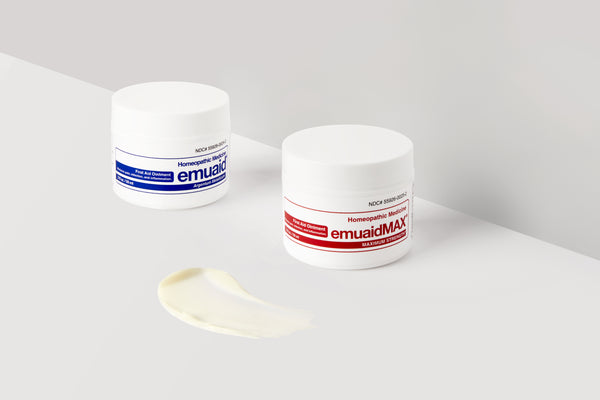When over-the-counter and natural home remedies do not alleviate psoriasis symptoms, a doctor has several options to explore with a patient. Prescription retinoids are a popular choice and can help to alleviate symptoms quickly. They are a more mild topical ointment and do not work as quickly as steroid-based creams.
UVA and UVB light therapy are also known to be effective treatments, often in conjunction with the drug psoralen. However, due to the increased risk of developing skin cancer from exposure, they are used less today and only in situations where the potential benefits outweigh the inherent risks.
Although less common, some doctors prescribe injectable or oral medications to treat psoriasis which affects the immune system directly. Biologics are one such type of this medication. Made from human or animal proteins, they are effective despite being costly. Examples include adalimumab, apremilast, guselkumab, and secukinumab, to name just a few. These work by suppressing the enzyme responsible for triggering inflammation.
Oral retinoids, with properties similar to Vitamin A, are also utilized in patients with prolonged and severe cases. One of the most potent medications prescribed for psoriasis is methotrexate, which is also used in chemotherapy for treating cancer. This drug works to improve skin lesions caused by psoriasis dramatically but can have extreme side effects and require regular blood test monitoring.


